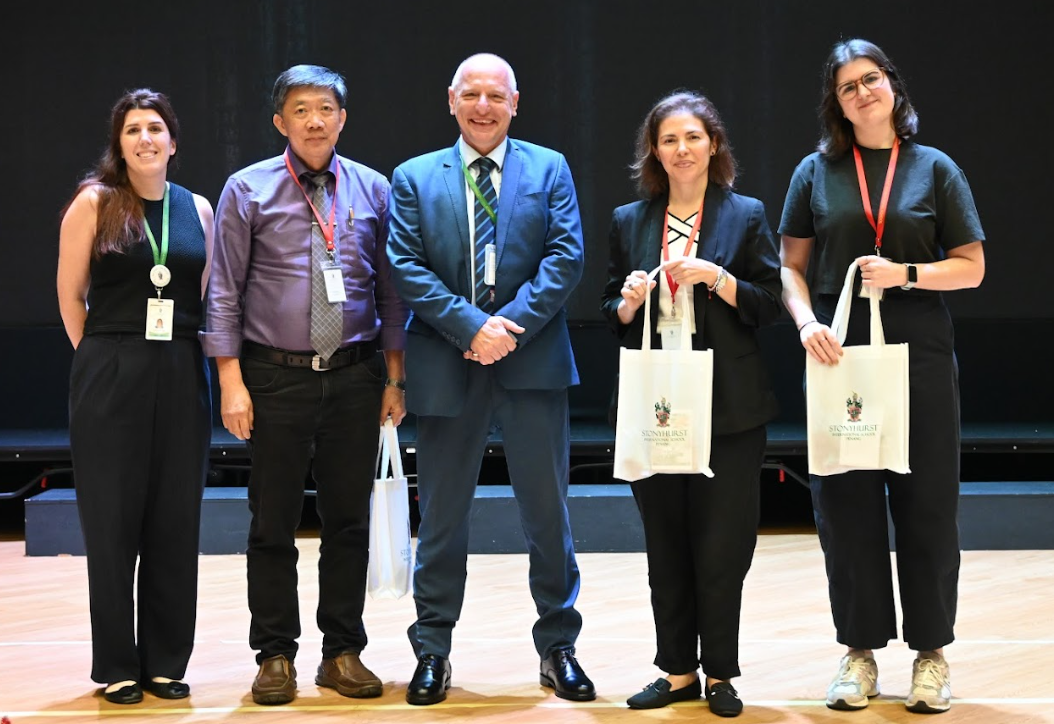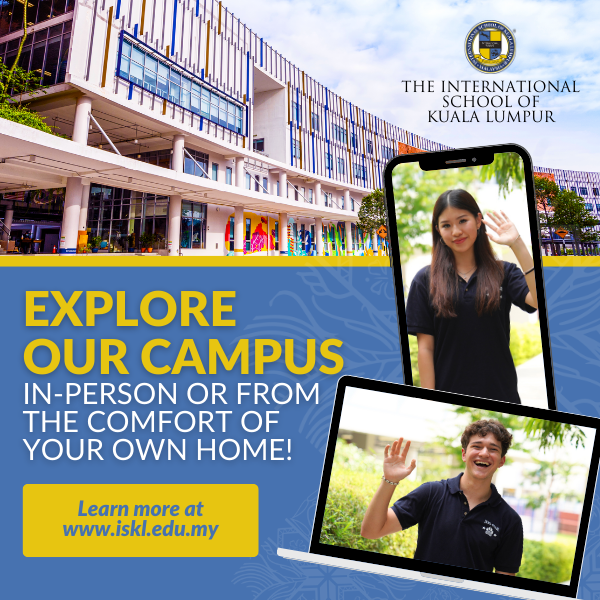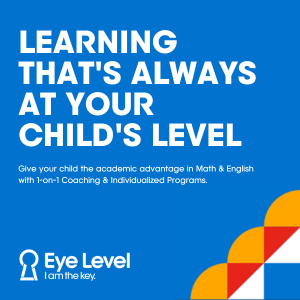Unlock success with soft skills! Often referred to as people skills and self-management skills, they refer to the ability to interact effectively with others and manage our own behaviours. Unlike hard skills which are task-specific, soft skills showcase your personal traits and behaviours. The beauty of soft skills lies in their versatility; they are your secret strength across various industries and settings.
Students are encouraged to develop soft skills as early as possible. These skills can be improved throughout a student’s school life as they transition to higher education. Today’s employers value soft skills as much as academic qualifications. Soft skills are essential in building a successful and rewarding career.
Here are ten important soft skills every student should acquire:

1. Critical thinking skills
Critical thinking skills are important as each student will encounter problems or issues during their studies that need to be resolved promptly. When faced with a problem, students need to use critical thinking and analytical skills to find ways to solve a particular problem effectively. This involves identifying factors that caused the problem, brainstorming sessions, coming up with and implementing a plan and assessing whether the problem was satisfactorily solved in the end. It is normal for students to sometimes encounter problems in their studies or in their extracurricular activities and to exercise poor judgement in resolving them. Therefore, students need to assess what might have gone wrong in each case and learn not to repeat the same mistakes again.
2. Adaptability
In the fast-paced world that we live in, adaptability stands tall as the cornerstone of student excellence. Gone are the days where rigid routines are the way to go. In today’s society, students need to embrace change with open arms and be quick to adapt to changes in order to thrive in dynamic situations. Students equipped with adaptability skills are able to navigate uncertainties with grace and turn challenges into opportunities. This is not just a survival skill. It is a key to innovation and success.
3. Decision making skills
Thousands of decisions are made every day and each of them may have positive or negative consequences. Learning decision- making skills provides a person with the opportunity to increase positive outcomes and decrease the consequences of failure. Students will need to learn how to make decisions throughout their school years whether it be in their academic work or extracurricular activities. Decision -making skills help students become independent and mature individuals. By having to decide which path to go for, which electives to select and which co-curricular activities to join, students will build the foundation of decision -making skills and learn what is best for them. In addition, the process of choosing friends and groups that they can associate and work with can also help them develop character.

4. Collaboration
In the current dynamic landscape, the ability to collaborate with others is an indispensable skill for students to possess. Success is not a solo journey but a collaborative adventure where ideas are ignited, innovation thrives and diverse talents converge. Beyond traditional teamwork, collaboration is about creating a symphony of skills and perspectives that can help elevate projects to new heights. In the real world, students can acquire this skill by actively looking out for opportunities to work with peers. Such an experience will enable them to value input from different perspectives and to turn every interaction into a chance to learn and grow.
5. Leadership skills
Leadership skills require the cultivation of strength of character, integrity and other positive qualities, which can be emulated by other individuals. A person endowed with leadership skills extends support and encouragement to individuals in the group. Some leaders are quick -thinking and can make the right decision, coordinate with other people and pull off an event successfully. Others may be slower but rational in thinking and take their time to complete a task. There will be opportunities for students to become leaders through class and student union elections. Any student can offer himself as a candidate for club president or class representative in any such election but it is the majority of the students who will decide who should be the leader through a democratic election process with every student having the right to vote.
6. Communication skills
All students must be able to communicate effectively with their parents, teachers and friends to build good relationships. Good written and oral communication skills in English, Malay, Mandarin or other languages are essential. Writing skills are needed for clear and concise assignments and reports while speaking skills are important when conveying ideas during classes and in other forms of face-to-face presentations. Interpersonal skills, or how you interact with others, are needed at school as well. Students will need to understand how to face people and communicate with them as there are various types of characters in people. Some may be very assertive while, others may be sensitive. The character and temperament of the people we interact with will need to be taken into account. Individuals who are friendly and are comfortable around new people are more likely to adapt well to new environments in the future. A good way to meet new people is to join different clubs and societies in school.
7. Creativity
Creative thinking is a skill that encourages students to look at things differently and find new ways to solve problems. Individuals who have creative thinking skills come up with ideas and see things differently compared to the rest. These people are natural problem-solvers and innovators. Creative thinking is not limited to ‘creative types’ of people such as artists or musicians. It is an important skill that is worth cultivating as it helps lead to an expansion of one person’s imagination. Hence, students can develop their creative thinking skills by doing things outside their comfort zones and interacting with different groups of people.

8. Digital Fluency
In today’s rapidly connected world, technology influences every aspect of our lives, making digital fluency an essential skill for students to cultivate and succeed in the 21st century. In education, proficiency in digital tools enables students to access resources, work effectively and engage seamlessly with educators. This skill also extends to the job market where employers value greatly candidates who can adapt to new technologies and navigate digital workflows. Besides that, digital fluency helps to empower students to creatively implement ideas and contribute to a rapidly evolving digital economy.
9. Initiative
Cultivating initiative in students is akin to nurturing the seeds of self-motivation and proactivity. Beyond being a self-starter, initiative includes the ability to identify opportunities, take charge of one’s learning journey and contribute meaningfully to collaborative projects. Students with strong initiative display a proactive approach to problem-solving and innovation, which is highly sought after in today’s working world. In essence, fostering initiative in students is like equipping them with a lifelong compass that will guide them towards a path of continuous growth and achievement.

10. Emotional Intelligence
In the dynamic landscape of 2024, emotional intelligence is an important skill to navigate the complexities of life. Beyond grades, students equipped with emotional intelligence possess a deep understanding of themselves and others. This skill also helps to enhance communication, collaboration and conflict resolution in both academic and real-world settings. As students harness empathy and self-awareness, they become agile problem-solvers and empathetic team players able to cultivate positive relationships, making them catalysts for innovation and harmony.
Continue reading:
· Learning Support for Pupils with Special Educational Needs
· Teaching Students About Entrepreneurship
· Helping Children Transition into A New School













![[elc International School] NO SHORTCUTS: WHY THINKING STILL MATTERS](https://mint-edm.sgp1.digitaloceanspaces.com/production/XTvbqZxxQQxUHjyDcClxCortA5SxNs.png)




















